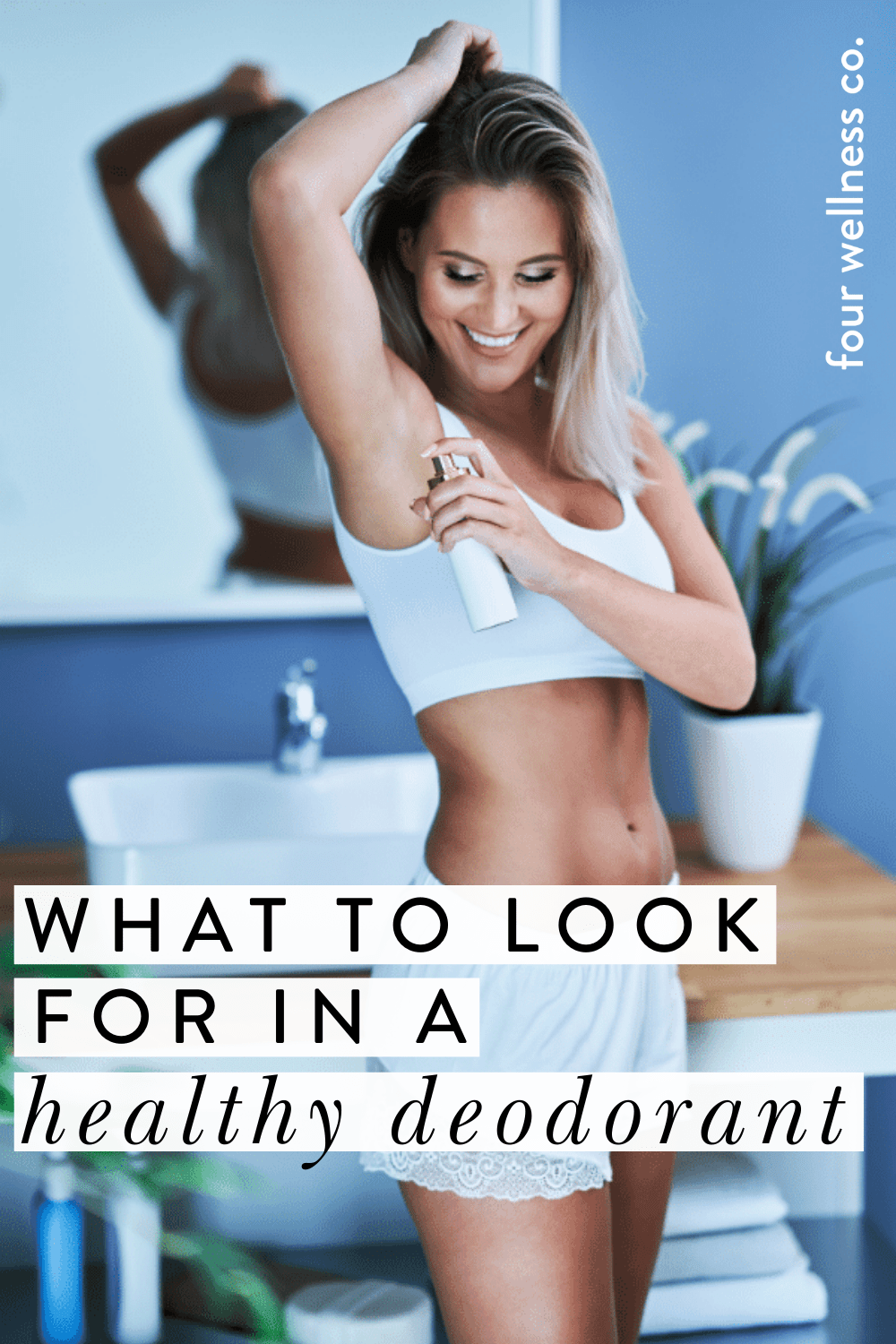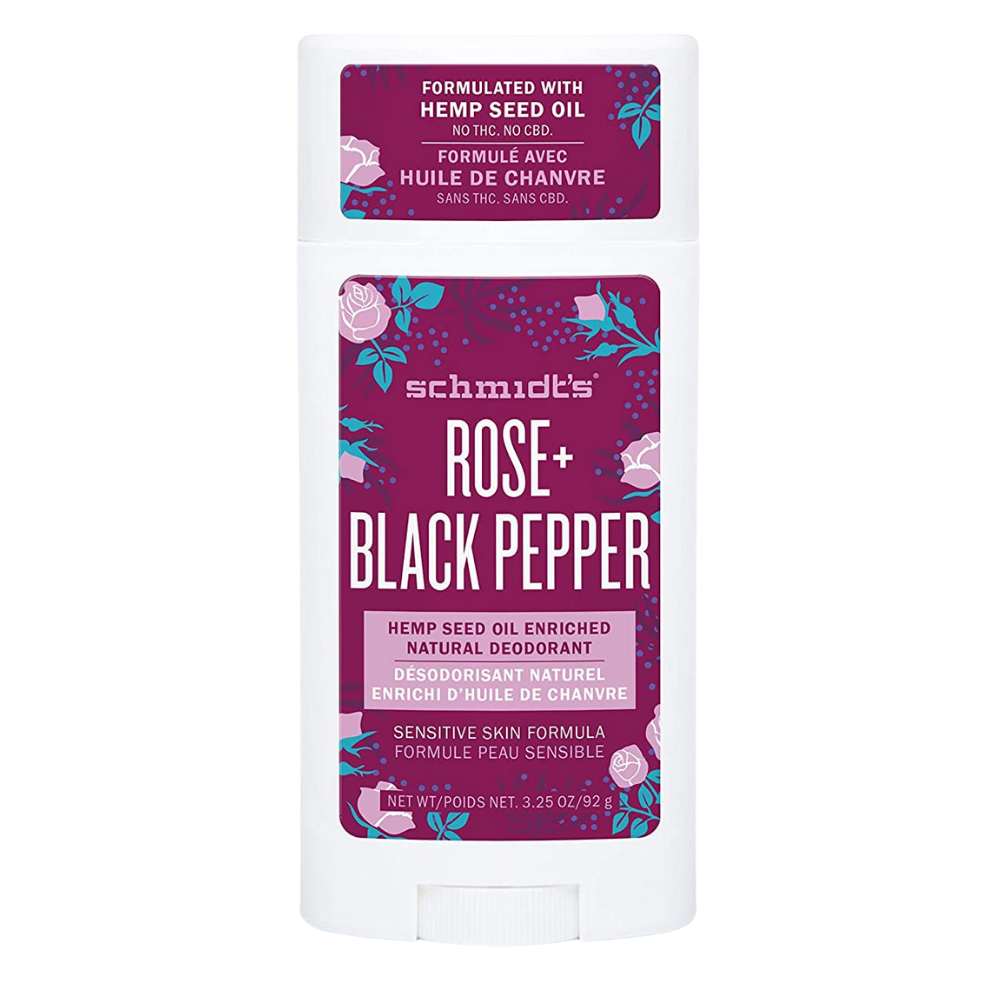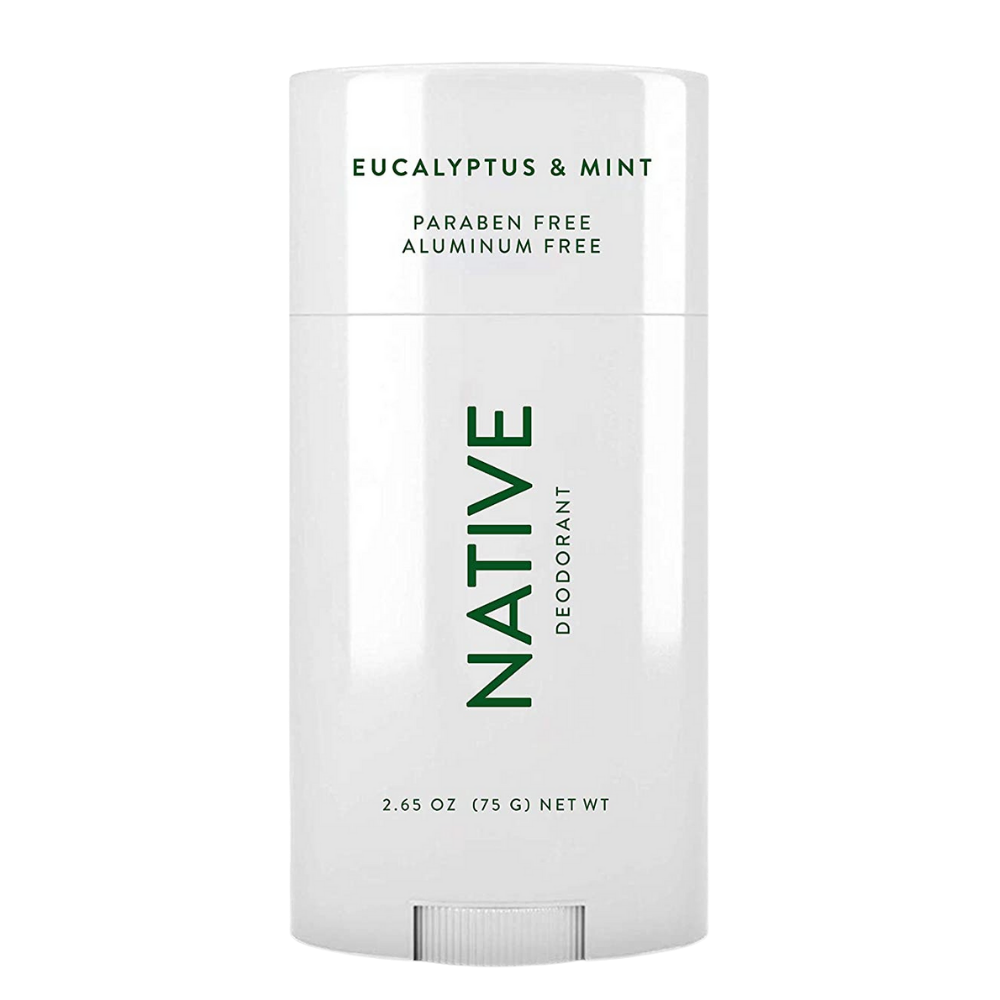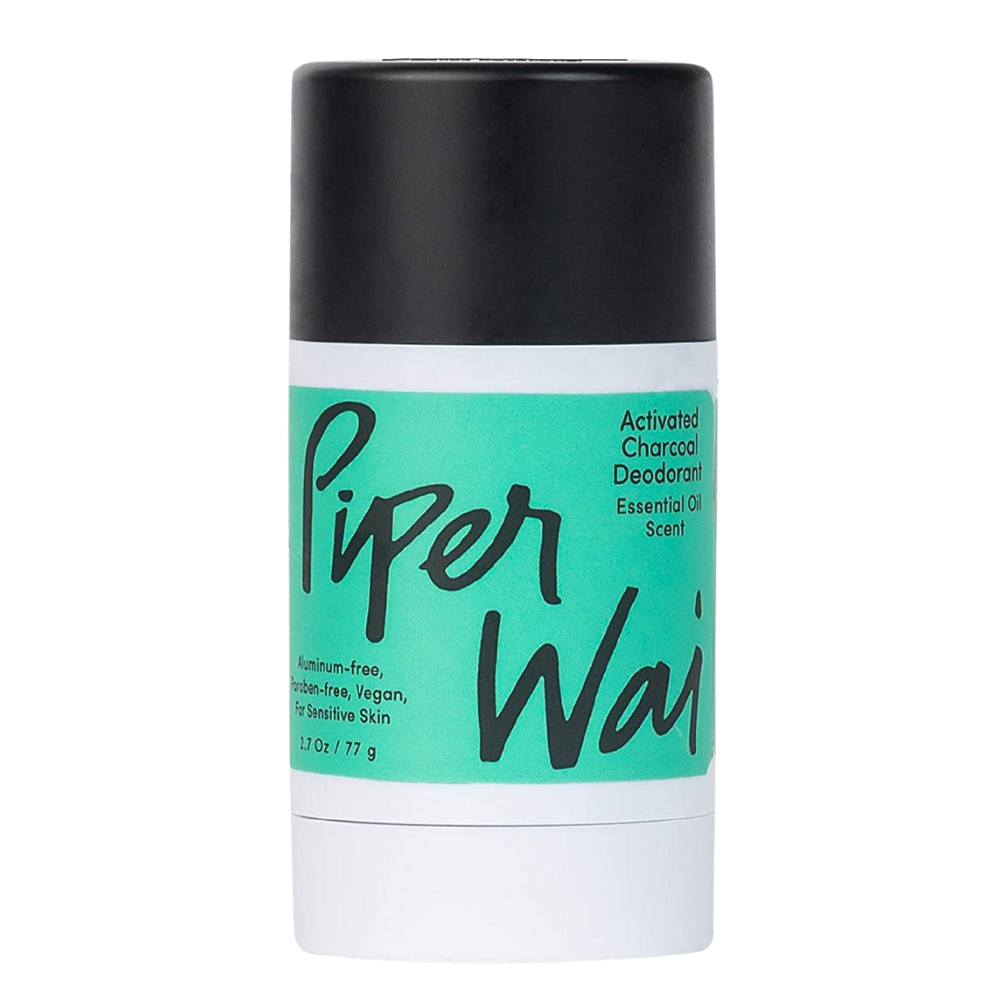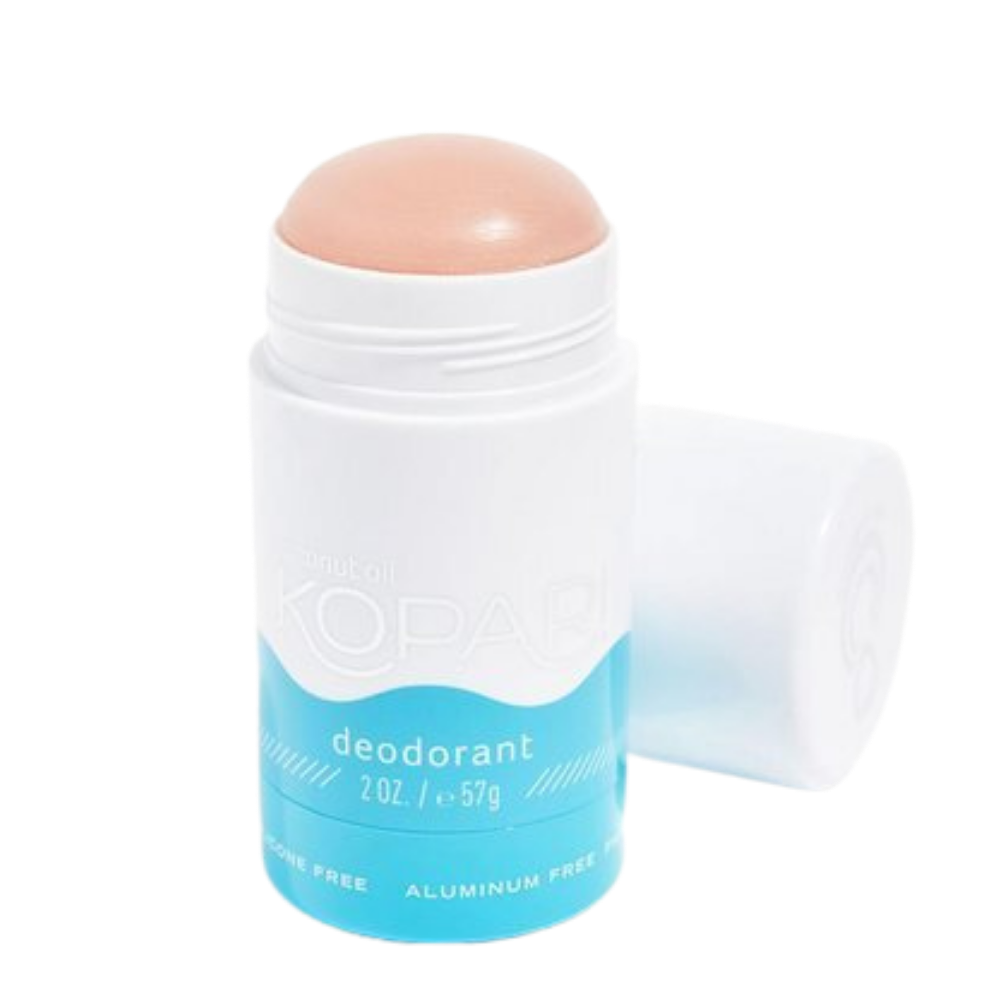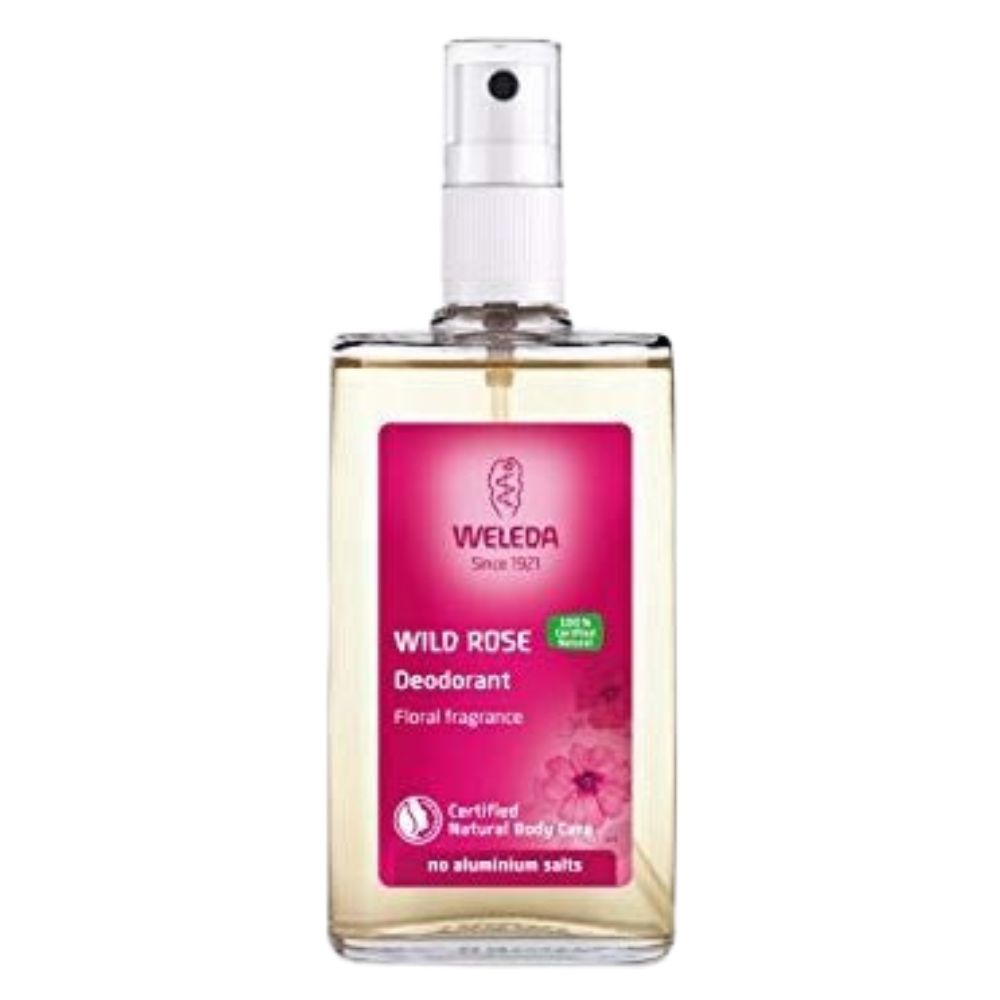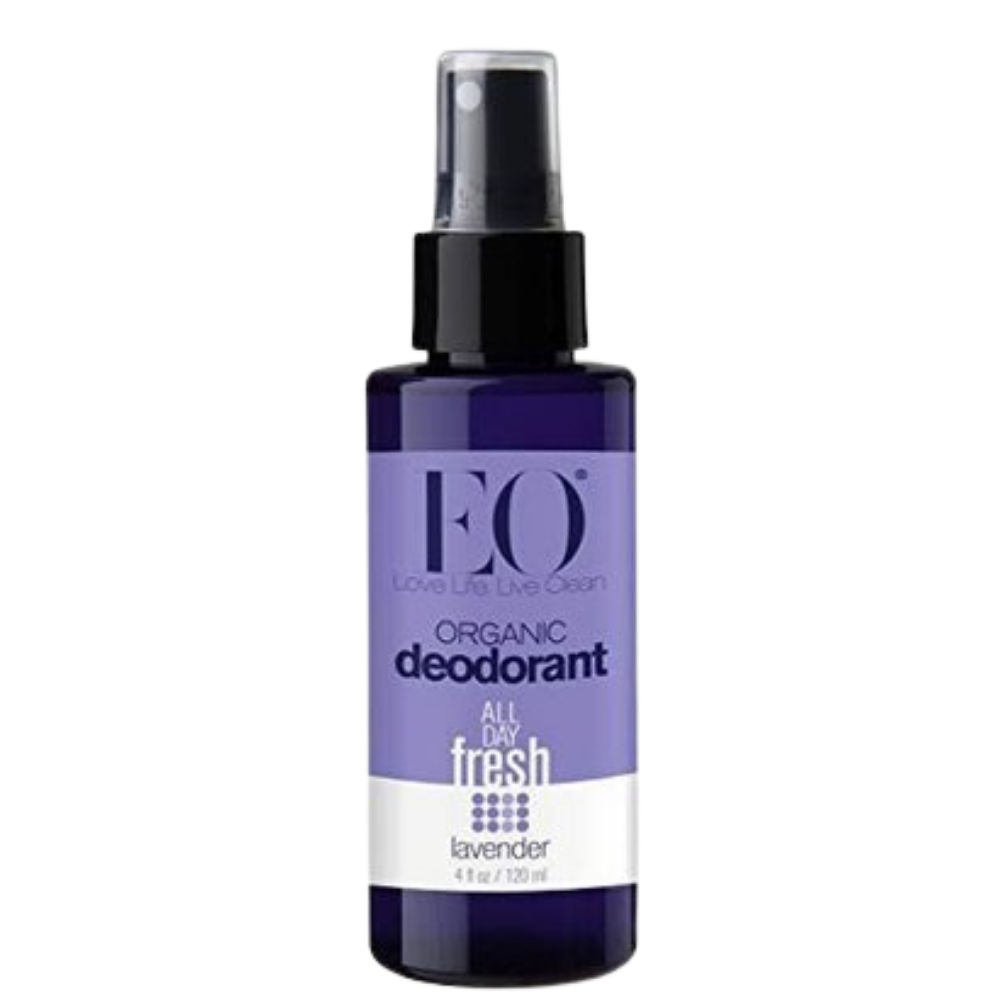What to Look for in Healthy Deodorant
This post contains affiliate links, through which we may earn a small commission if you choose to purchase, at no additional cost to you. We only share products or services we personally use & recommend!
Aluminum compounds, the primary ingredient in antiperspirants (they’re used to plug sweat ducts), have recently gained notoriety as a potential health threat and, in response, new aluminum-free products are popping up on deodorant-aisle shelves, marketed as healthier replacements.
But what’s so bad about aluminum, and what should we look for in a healthier deodorant alternative?
Why you shouldn’t rub aluminum in your armpits
Aluminum is a known neurotoxin and is linked to neurological disorders including Alzheimer’s disease. Though aluminum is very present in our environment and the aluminum compounds used in antiperspirant are considered safe by the FDA (antiperspirants have to be regulated as “drugs” because they’re intended to affect the function of the body), there are rising concerns about applying it daily because of the known health impacts of excessive aluminum exposure.
To be fair, many studies show no direct correlation between the use of antiperspirants and an increased risk of Alzheimer’s disease. However, these studies are contradicted by others, and it is suggested that the overall prevalence of aluminum in our environment/products/bodies makes it difficult to study. There is consensus that too much accumulation of aluminum in our bodies is not a good thing, but the contention is over whether lifetime use of antiperspirants constitutes “too much.”
Regardless of the aluminum accumulation issue, there is also the argument that blocking sweat ducts is unnatural and therefore probably unhealthy—sweating is a natural (and important!) bodily process needed to regulate temperature and release toxins from the body. And, besides aluminum there are plenty of other ingredients in antiperspirants that we should avoid rubbing in our glands (e.g. parabens and phthalates, both linked to endocrine disruption and reproductive cancers).
But I’m stinky!
It’s a common misconception that antiperspirant is needed because sweat itself stinks and creates body odor. Nope! Sweat is actually odorless until it combines with bacteria on the surface of your skin. If you’re worried about odor, you likely only need a natural antibacterial agent, like essential oils or ethanol alcohol. Other causes of underarm odor are stress, excessive alcohol consumption, and hormonal changes like pregnancy, menopause or hormonal medications, all of which trigger underarm sweat as a means of detoxifying the body.
Also: sweat itself doesn’t cause yellow underarm stains on your shirts—that’s actually the aluminum-based antiperspirant reacting with proteins in your sweat.
Ready to re-think whether you really need antiperspirant?
Our favorite natural deodorants
Deodorant differs from antiperspirant in that it does not attempt to plug sweat glands, but rather to kill bacteria on the surface of the skin that leads to odor, and to provide a fresh scent to mask any odor that does occur.
Natural stick deodorant
Natural stick deodorants are common alternatives to aluminum-based antiperspirants, and are becoming popular enough that you can find them at most mainstream grocery and drugstores. Look for products that are aluminum-free, paraben-free and phthalate-free, and that contain fragrance naturally derived from essential oils (rather than synthetic fragrance, which is mysterious and icky).
When in doubt, check EWG’s Skin Deep database (they grade personal care products on their ingredients) or shop at a natural foods store, like Whole Foods, that has specific quality standards for the products they carry (no phthalates or aluminum chlorohydrate sold at Whole Foods!).
We like these natural, aluminum-free stick deodorants:
Natural spray deodorant
If you’re converting from an aerosol antiperspirant, there are natural alternatives for those too. Natural spray deodorants are typically made with ethanol alcohol (a safer alternative to rubbing alcohol), which is effective at killing bacteria on the skin that causes odor. Look for naturally derived fragrance listed on the ingredient label.
We like these natural, aluminum-free spray deodorants:
DIY deodorant
It’s also surprisingly easy (and increasingly common!) to make homemade deodorant. All you need is coconut oil, corn starch, baking soda and essential oils of your choice (lavender and/or tea tree are good options). This recipe is effective because corn starch absorbs moisture, baking soda absorbs odor, coconut oil has antimicrobial properties, and essential oils smell good and are antibacterial.
Just mix 1/4 cup each of corn starch and baking soda with 3-4 tablespoons coconut oil and about 10 drops essential oil and store in a glass container (or deodorant stick containers available here).
Note: Coconut oil melts at 72 degrees F, so you’ll have to keep your homemade deodorant in the refrigerator during the summer, or you can add a tablespoon of (double-boiler melted) beeswax to the recipe to keep it solid in the summer heat. The beeswax recipe is also more travel-friendly.
Natural Beauty Guide
Beauty begins within! Our Natural Beauty Guide (part of our Wellness Library of healthy living guides + resources) includes:
✔️ the common toxins to avoid in conventional cosmetics
✔️ how to shop for healthier beauty + personal care products
✔️ simple tips for natural beauty and personal care—from the inside out
✔️ a checklist to build your own chemical-free beauty routine
Four Wellness Tip
Switch out aluminum-based antiperspirant for one of these healthier natural deodorant options.

